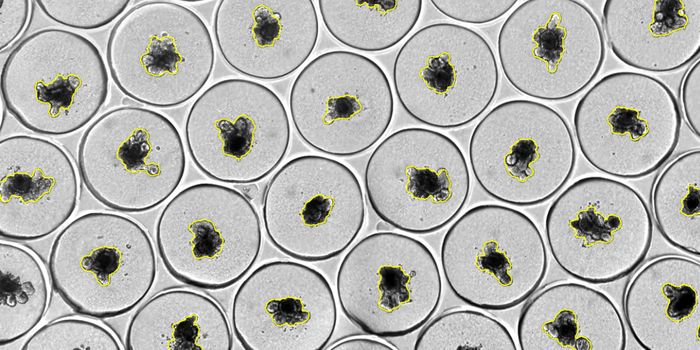Antibody Drug Conjugate Could Help in the Treatment of Brain Metastasis
Metastatic breast cancer describes a severe malignancy in which breast cancer spreads to distant parts of the body. Invasive ductal carcinoma, which accounts for the majority of breast cancer cases, can metastasize to the bones, liver, lungs, and brain. Five-year survival for metastatic breast cancer remains around 30%, signifying a significant unmet need for new and effective treatments.
Breast cancer metastasizing to the brain presents a unique clinical challenge, with long-term survival being a rare occurrence. The median survival for these patients is a mere 7 to 8 months, underscoring the limited treatment options available and the pressing need for new, more effective therapies.
A recent study published in Nature Communications presents a potential breakthrough in the treatment of breast cancer brain metastasis. The study focuses on a drug called Sacituzumab Govitecan (SG), classified as an “antibody-drug conjugate” (ACD), the study investigates a drug called Sacituzumab Govitecan (SG). SG, consisting of an antibody that binds to a molecule called Trop-2 and an anti-cancer drug. Because Trop-2 is located on cancer cells in the brain but not healthy brain tissue, the ADC binds to cancer cells, bringing the drug into proximity to kill the cell, while minimizing damage to non-cancer tissue.
The researchers conducted a pre-clinical trial of SG in a mouse model of intracranial breast cancer. The results were promising, with mice treated with SG showing a significant slowdown in tumor growth and a notable increase in survival rates. These positive outcomes provide a ray of hope in the treatment of brain metastasis in breast cancer patients.
These pre-clinical findings prompted a phase 0 window-of-opportunity trial (NCT03995706) , a clinical study where patients delay standard treatment to receive a new investigational drug. The study enrolled breast cancer patients with brain metastases (BCBM) undergoing craniotomy, a surgical procedure where tissue, such as a tumor, is removed from the brain. In addition, patients with recurrent glioblastoma (rGBM) could participate in the trial.
The study enrolled 25 adult patients with BCBM (N=13) or rGBM (N=12). Participants received one dose of SG intravenously the day before craniotomy. During recovery, patients continued to receive additional doses of SG twice in 21-day cycles.
The researchers reported progression-free survival (PFS) for BCBM patients receiving SG at eight months, while patients with rGBM exhibited two months of PFS. Overall survival for BCBM patients was over 32 months, while rGBM patients exhibited 9.5 months overall survival. Further, overall response rates will appear notable, with 38% for BCBM patients and 29% for rGBM patients.
To assess the potential impact of SG on brain tissue, the researchers measured the intra-tumoral concentration of SN-38, the active anti-cancer drug component of SG. They found meaningful levels of SN-38 in brain tissue following craniotomy, indicating that SG can effectively enter the brain tissue. In addition, the researchers measured levels of Trop-2, the marker that binds the antibody component of SG. While further research and development is needed to understand the efficacy of SG, these findings further support the potential of SG to make a significant impact on brain metastasis resulting from breast cancer.
Sources: JCO Oncol Prac, Nat Comm, NEJM, ESMO Open, Cancer Treat Rev









